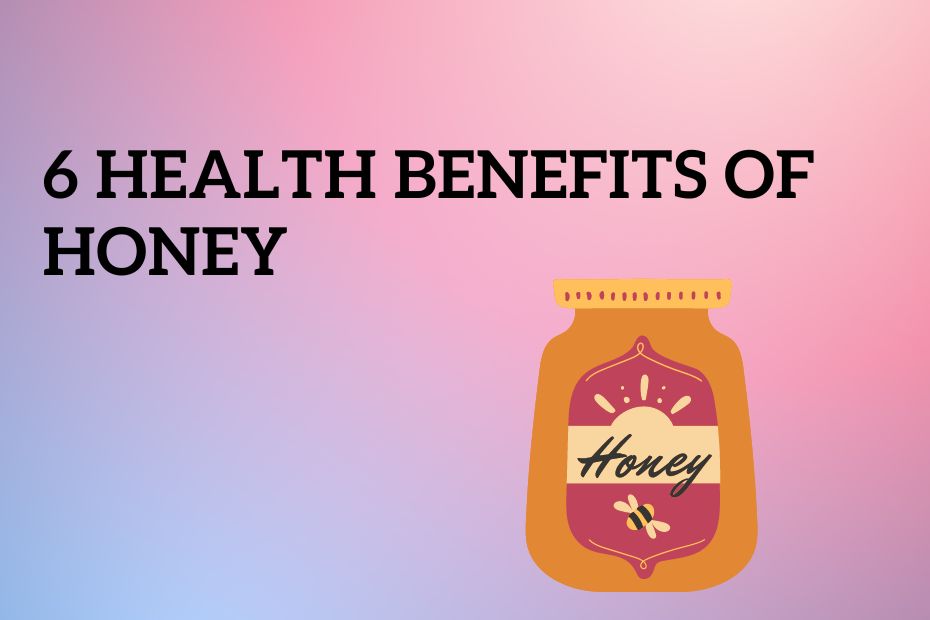A source of antioxidants
Honey with little processing is full of important bioactive plant compounds and antioxidants such flavonoids and phenolic acids. Darker types frequently contain more antioxidants than lighter types.
Antioxidants work to prevent reactive oxygen species (ROS), which can build up in your body and damage cells. This injury can worsen a number of conditions, including type 2 diabetes, heart disease, and early aging. Therefore, honey’s abundance of antioxidants is regarded to be the cause of many of its health benefits.
Compared to conventional sugar, better for blood sugar levels
When it comes to blood sugar regulation, honey may offer a slight benefit over regular sugar. Although honey boosts blood sugar levels in the same manner that other carbohydrates do, the antioxidants in honey may protect against metabolic disease and diabetes consequences.
Studies have shown that honey may increase levels of adiponectin, a hormone that reduces inflammation and improves blood sugar regulation. There is evidence to suggest that regular honey eating may lower type 2 diabetics’ fasting blood sugar levels.
May improve heart health
Honey may help reduce heart disease as well. According to one study, honey may improve heart health and function by lowering blood pressure, raising blood fat levels, regulating heartbeat, and preventing the death of healthy cells.
In one observational study with more than 4,500 persons over 40, a moderate honey intake was associated with a lower incidence of high blood pressure in women. In a mouse study, honey was also discovered to protect the heart from oxidative stress. Raw honey frequently contains propolis, a substance produced by bees from sap-producing plants and trees. Propolis may lower triglyceride and cholesterol levels.
Helps the healing of burns and wounds
Historical wound and burn recovery has been aided by topical honey therapy. The practice is still common today. Partial-thickness burns and surgical wounds that have acquired an infection respond well to using honey, according to a study of 26 papers on the subject. The treatment of burns, in particular, may benefit from the usage of manuka honey. There is, however, no effective substitute for emergency care if your burn is severe, so you should go get it straight away. According to study, honey’s therapeutic benefits are due to its antibacterial and anti-inflammatory qualities.
May aid in reducing children’s coughing
Coughing is a common concern in children with upper respiratory infections. These illnesses may have an effect on both parents’ and kids’ sleep and quality of life. According to a study of numerous studies on honey and cough in children, honey appears to be more effective than diphenhydramine for relieving cough symptoms. It might also make coughing fits shorter. Another study found that coughing may improve both parents’ and kids’ sleep. In addition, unlike certain cough medicines, honey has no side effects.
Simple additions to your diet
It is frequently easy to incorporate honey into your diet. Any dish that asks for sugar can include honey to add a little amount of antioxidants. It tastes fantastic when added to plain yogurt, coffee, or tea. It can also be utilized in baking and cooking. Because honey is a type of sugar, it will cause your blood sugar levels to rise if you consume it. Consuming excessive amounts of honey, particularly over an extended period of time, can lead to weight gain and increase your risk of acquiring diseases like type 2 diabetes or heart disease.
